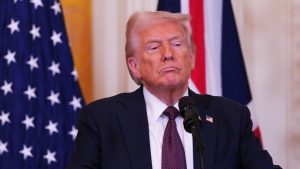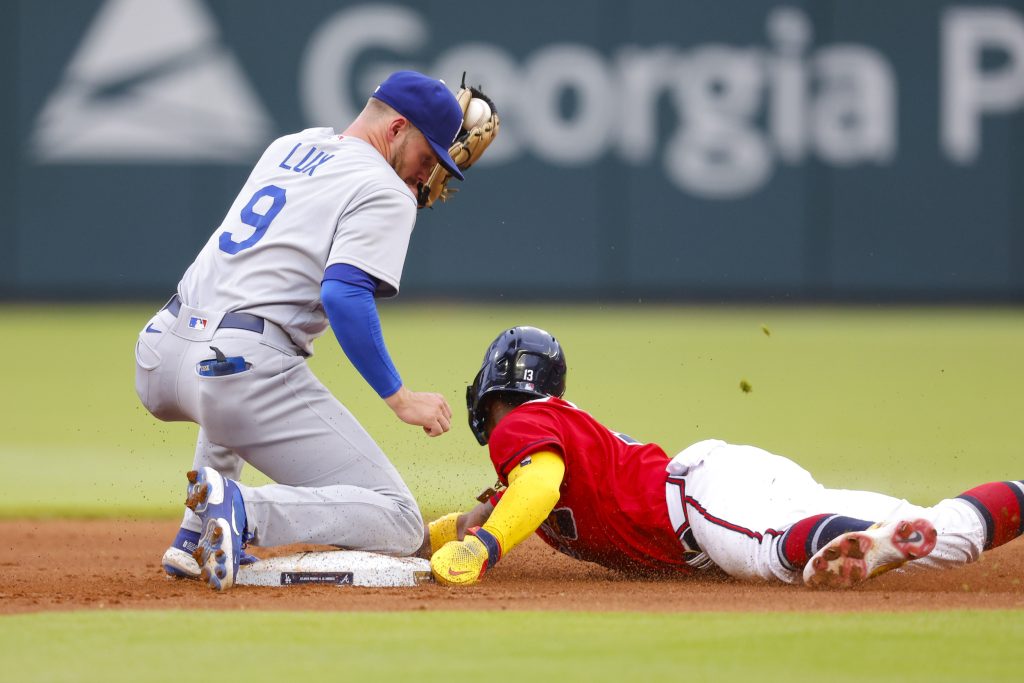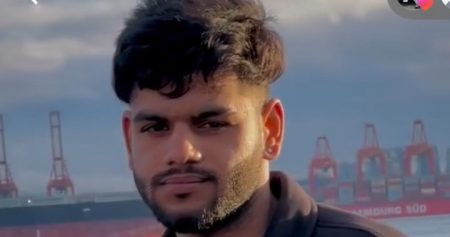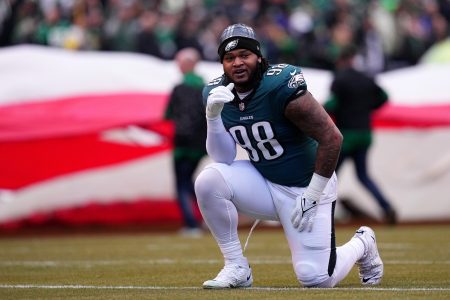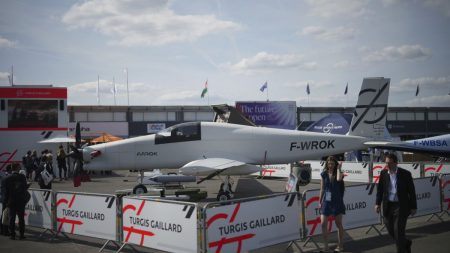The Los Angeles Dodgers, fresh off their 2024 World Series victory and widely considered the most talented team in Major League Baseball, have continued to bolster their roster, defying any notion of complacency. Their latest acquisition, Hye-Seong Kim, a highly touted infielder from South Korea renowned for his defensive prowess, adds another layer of depth to an already formidable lineup. This move, however, has created a potential logjam in the infield, raising questions about the future of current Dodger, Gavin Lux.
Lux, a two-time World Series champion with the Dodgers, is projected to command a substantial $27 million contract when he enters free agency after the 2026 season. The arrival of Kim, a similarly skilled infielder, could make Lux expendable, prompting the Dodgers to explore trade options before potentially losing him without compensation in free agency. This proactive approach aligns with the Dodgers’ aggressive roster management strategy, continually seeking upgrades and maximizing their championship window.
One potential trade partner for Lux is the Atlanta Braves, a team in need of a consistent shortstop. Orlando Arcia, the Braves’ primary shortstop in 2024, struggled significantly, contributing to the team’s late-season difficulties. Acquiring a player of Lux’s caliber, a proven winner with postseason experience, would be a significant upgrade for the Braves, solidifying their infield defense and adding offensive depth. At 27 years old, Lux still has considerable upside and could thrive in a new environment with a more defined role.
The Braves possess a rich farm system, particularly in pitching prospects, offering enticing trade chips for the Dodgers. While their top-tier prospects like AJ Smith-Shawver, Cam Caminiti, and Spencer Schwellenbach are likely off-limits, the Braves could potentially package promising starting pitchers like Cade Kuehler or Hurston Waldrep to acquire Lux. Such a trade would benefit both teams, with the Dodgers replenishing their pitching depth and the Braves securing a much-needed upgrade at shortstop. The Dodgers’ willingness to trade a player like Lux, despite his championship pedigree, underscores their commitment to continuous improvement and their willingness to make difficult decisions to maintain their competitive edge.
This potential trade scenario highlights the dynamic nature of professional baseball, where player movement is often driven by a complex interplay of factors, including team needs, player development, and financial considerations. The Dodgers, operating from a position of strength, can afford to leverage their depth to address specific needs or acquire future assets. The Braves, seeking to address a clear weakness and regain their championship form, are incentivized to pursue a player like Lux, even at the cost of valuable prospects.
The acquisition of Hye-Seong Kim and the potential trade of Gavin Lux exemplify the constant evolution of roster construction in Major League Baseball. Teams continually evaluate their talent, seeking ways to optimize their performance and maintain a competitive edge. The Dodgers, with their abundance of talent and forward-thinking approach, are a prime example of this ongoing process. Their decision to pursue Kim and potentially trade Lux demonstrates their commitment to building a sustainable championship contender, even after achieving the ultimate prize. The ripple effects of these moves could significantly impact the landscape of the National League, influencing the balance of power and shaping the narratives of both the Dodgers and the Braves in the seasons to come.
